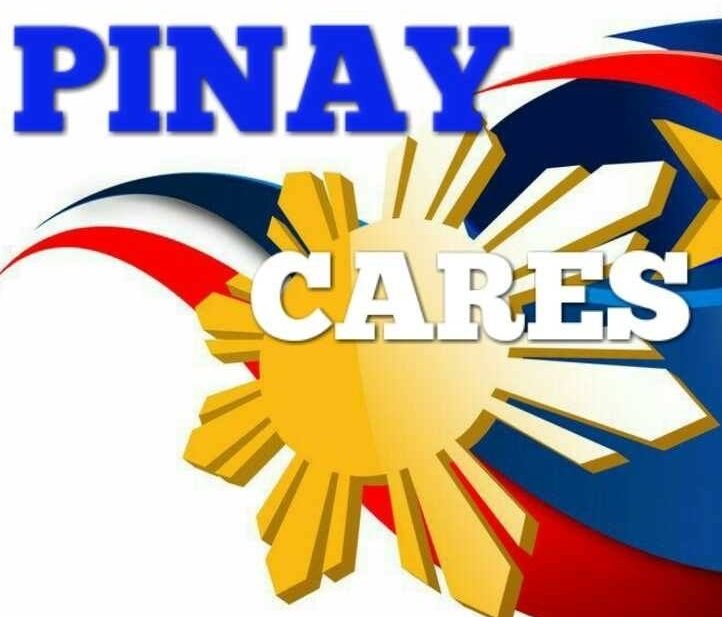Clarissa had always been a diligent student. Growing up in Cebu, she spent countless nights reviewing formulas, memorizing drug classifications, and preparing for her board exams. When she finally earned her license as a pharmacist, it was the proudest moment of her life. She began working in a small local pharmacy, where she advised patients about medicines and helped doctors with prescriptions. Though the work was meaningful, the salary was barely enough to cover rent, her younger sibling’s tuition, and her parent’s medical bills.
One day, a former classmate messaged her about a job opening in Saudi Arabia for pharmacists. The pay was almost four times higher than what she was earning at home. At first, Clarissa hesitated she had never left the Philippines before, and the thought of being away from her family frightened her. But as her father’s health bills piled up, she realized she had no choice. With courage and faith, she applied and was hired.
Her assignment was in a government hospital in Riyadh. The transition wasn’t easy. The language barrier often made it difficult to communicate with patients, and cultural practices were very different from what she was a woman. But Clarissa reminded herself of her purpose and worked hard to earn their trust.
Her days were long and demanding. Each morning, she organized medicines, checked inventory, and ensured that patients received the right prescriptions. She learned to be extra careful, knowing that a single mistake could risk someone’s health. Over time, she adapted to the fast-paced hospital environment and even picked up basic Arabic phrases to a better connect with patients. Her colleagues noticed her dedication and often relied on her during peak hours.
Despite her professional growth, Clarissa’s heart often ached with loneliness. She missed her family dinners, her mother’s cooking, and the laughter of her younger siblings. At night, she video called home, listening to stories about school and her father’s recovery. Sometimes, she cried silently after the calls, but she knew her sacrifices were easing her family’s struggles.
The fruits of her hard work soon became evident. With her remittances, her parents were able to settle debts, her brother entered college, and her family finally repaired their old wooden house. Each paycheck wasn’t just money it was proof of her sacrifices abroad.
Her proudest moment came when she returned home for her first vacation. At the airport, her family greeted her with tears and smiles. Her father, now healthier, hugged her tightly and whispered, Anak, because of you, we survived. Her youngest sibling showed her a medal from school, proudly saying, this is for you, Ate.
Clarissa realized then that her journey as a pharmacist abroad was not only about dispensing medicines. It was about healing beyond prescriptions healing her family’s financial wounds, giving hope to her siblings, and securing a brighter future for them.
Though her work in Saudi Arabia was demanding and far from home, she carried with her strength of her family’s love. She understood that every pill she prepared and every patient she served brought her closer to her dream not just of professional success, but of lifting her family to a better life.



